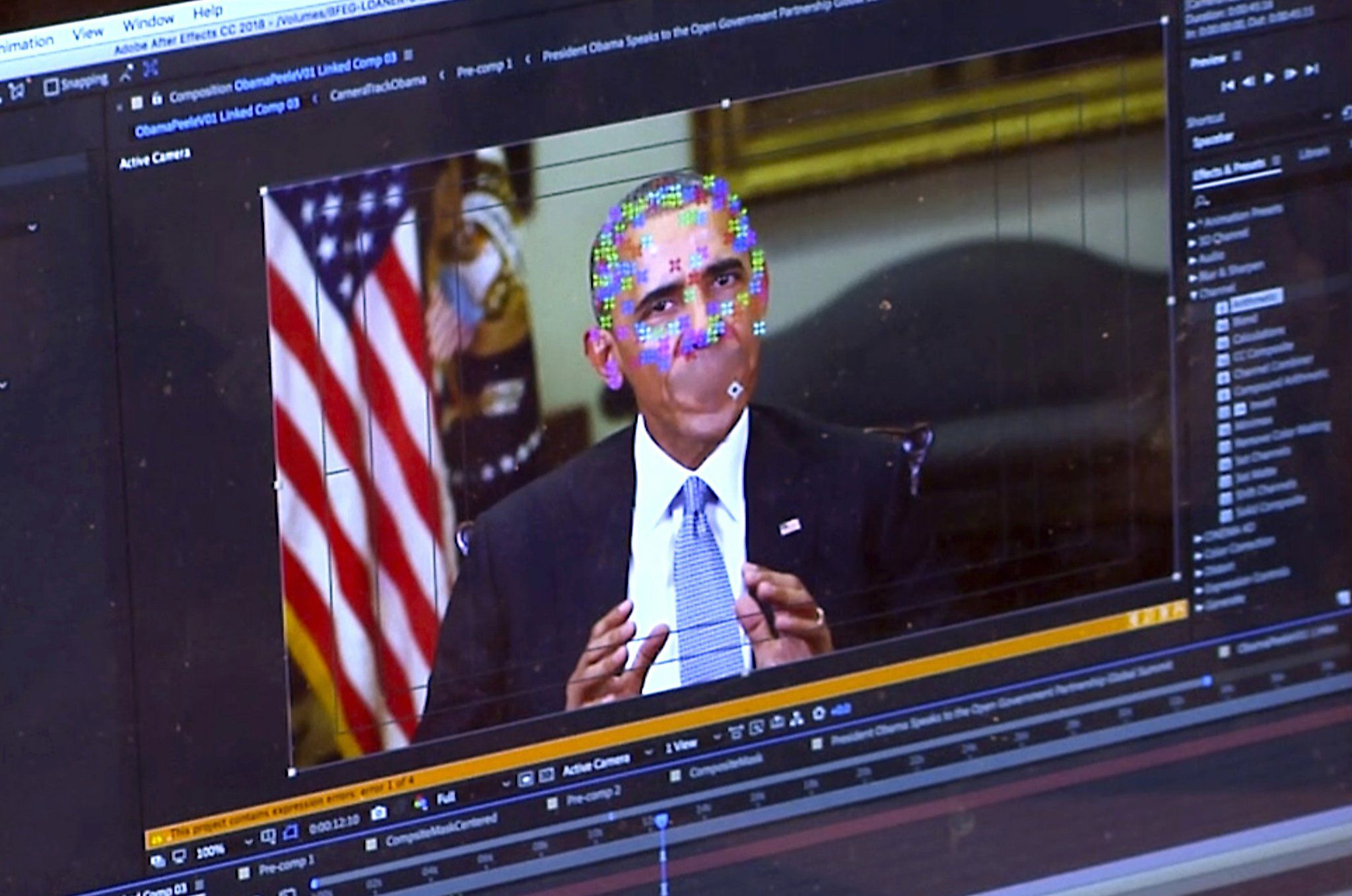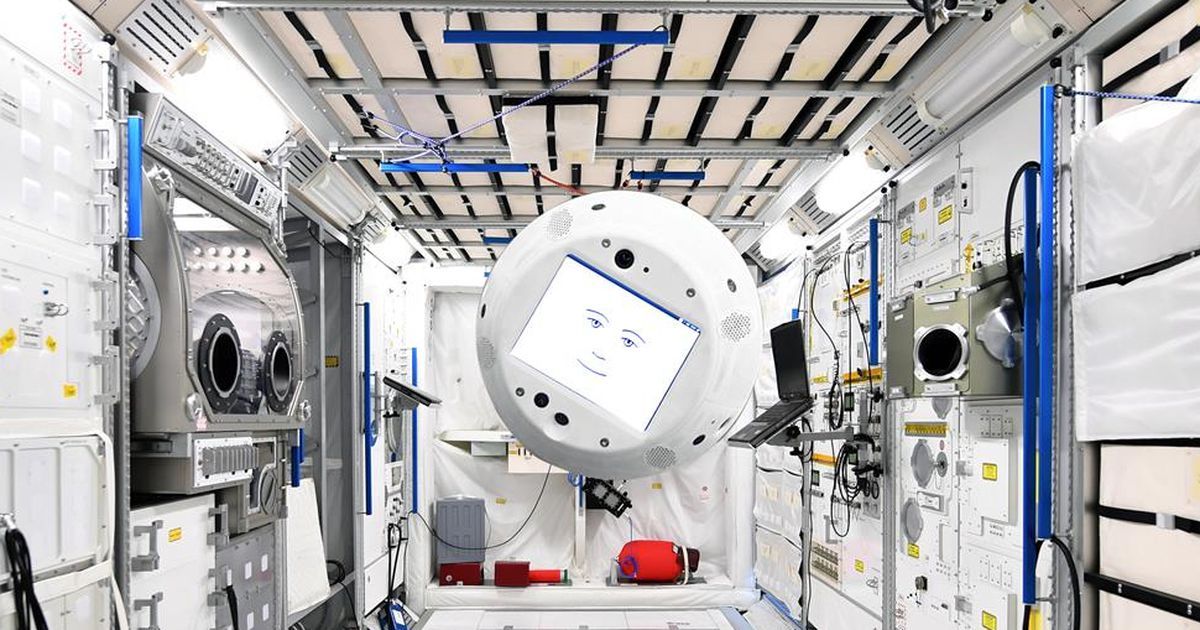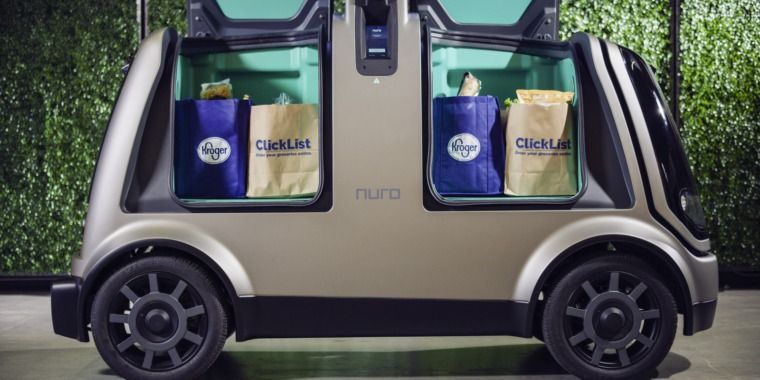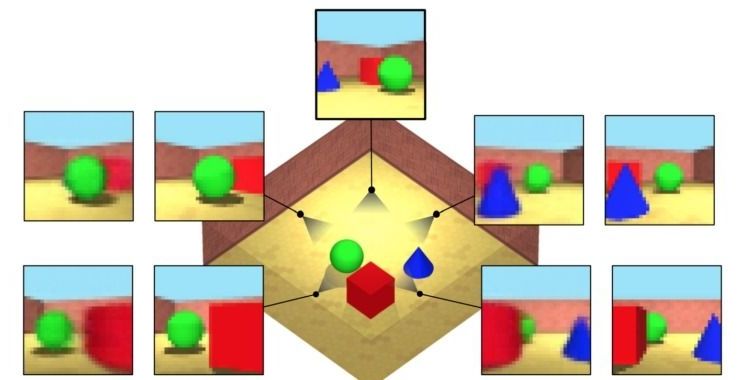Scientists have created an AI system that categorizes volcanic ash by shape, which can help researchers determine the type of eruption that caused it.



WASHINGTON — Hey, did my congressman really say that? Is that really President Trump on that video, or am I being duped?
New technology on the internet lets anyone make videos of real people appearing to say things they’ve never said. Republicans and Democrats predict this high-tech way of putting words in someone’s mouth will become the latest weapon in disinformation wars against the United States and other Western democracies.
We’re not talking about lip-syncing videos. This technology uses facial mapping and artificial intelligence to produce videos that appear so genuine it’s hard to spot the phonies. Lawmakers and intelligence officials worry that the bogus videos — called deepfakes — could be used to threaten national security or interfere in elections.
Should we be fearful of artificial intelligence and the pace at which it’s progressing? Or should we fear fear itself and the risk of it stifling innovation?
Wherever this may be heading, the march of progress shows fews signs of slowing down. Which companies and countries are leading the way?
The chief scientist for AI research at Google Cloud Fei-Fei Li, along with Sinovation Ventures CEO Kai-Fu Lee and Jennifer Zhu Scott of Radian Partners, weigh in. And Professor Rita Singh shares how AI-powered technology may not only shape our future, but also perhaps our understanding of the past.
To learn more, check out the Center for the Fourth Industrial Revolution: https://www.weforum.org/center-for-the-fourth-industrial-revolution
The new AI droid just sent to space by Elon Musk’s SpaceX can assist astronauts in many tasks.



Much Worse than that. And, thankfully, They are too foolish and greedy to stop.
Artificial intelligence is coming for the service economy, according to Allstate Corp. Chief Executive Officer Tom Wilson.
“It’s going to rip through this economy like a tsunami,” Wilson said Thursday in an interview on Bloomberg TV from Aspen, Colorado.
Automation will affect a wide swath of workers, from traders to taxi drivers. McKinsey & Co. estimates that more than 400 million people worldwide could be looking for work by 2030 because technology took their jobs.


Gradually automating the entire grocery store process. From initial delivery of products to the store/warehouse. To a store that will be optional to go to, but if you do want to go into the store it will be almost fully automated, to delivery drones and self driving vehicles that will bring you your order in under an hour. That is what Amazon is really up to.
Self-driving delivery startup Nuro scores major deal with Kroger.
